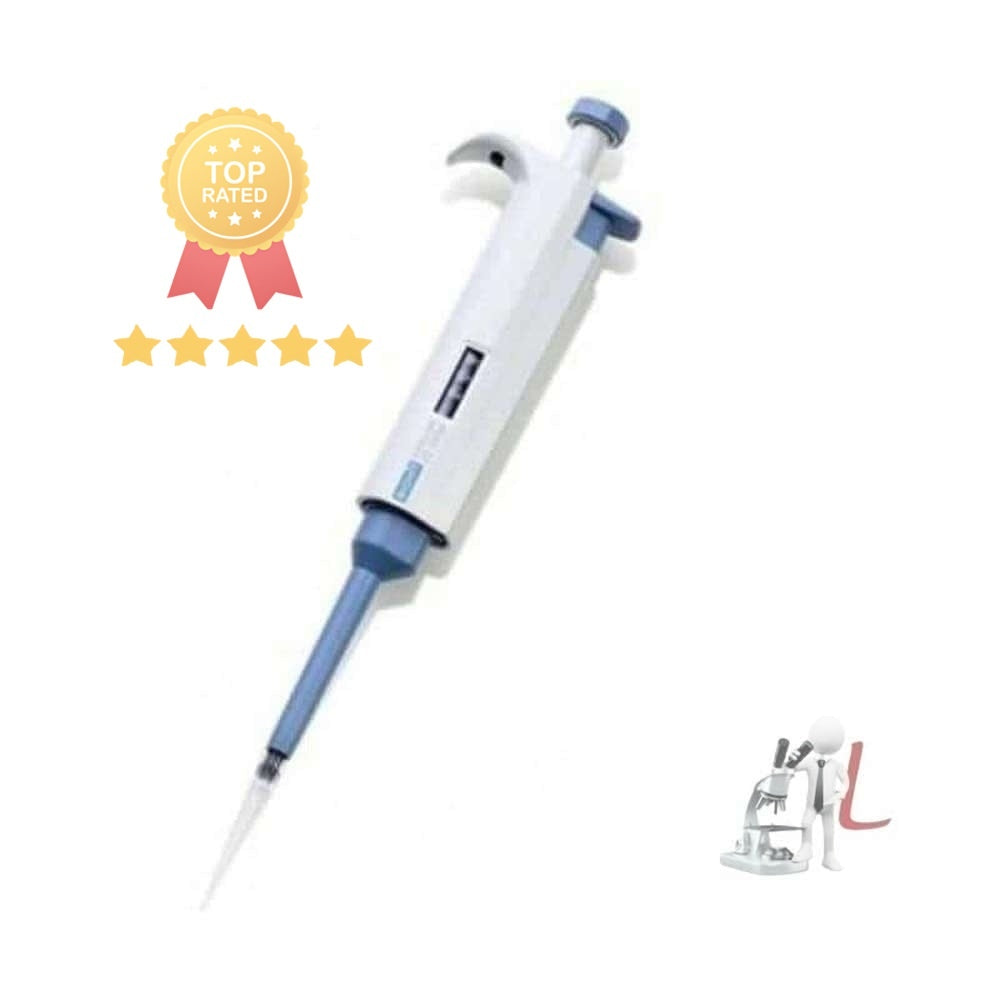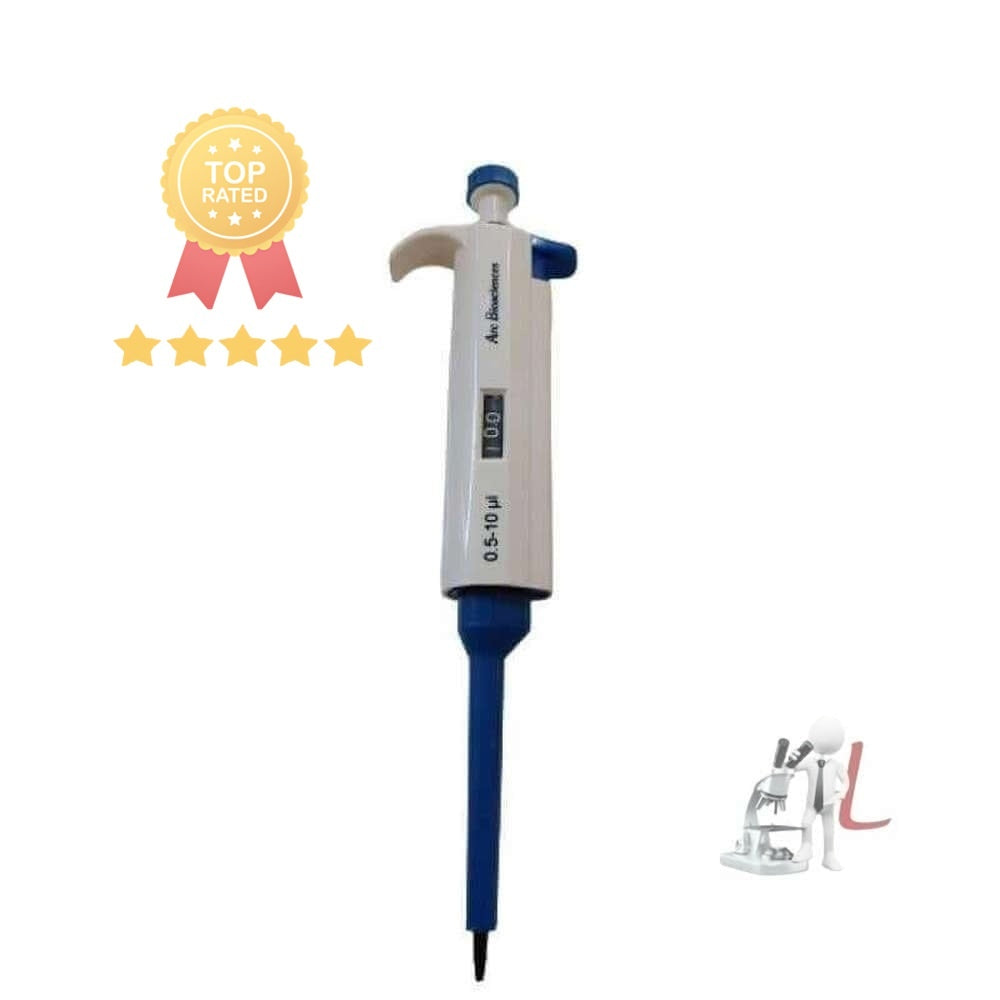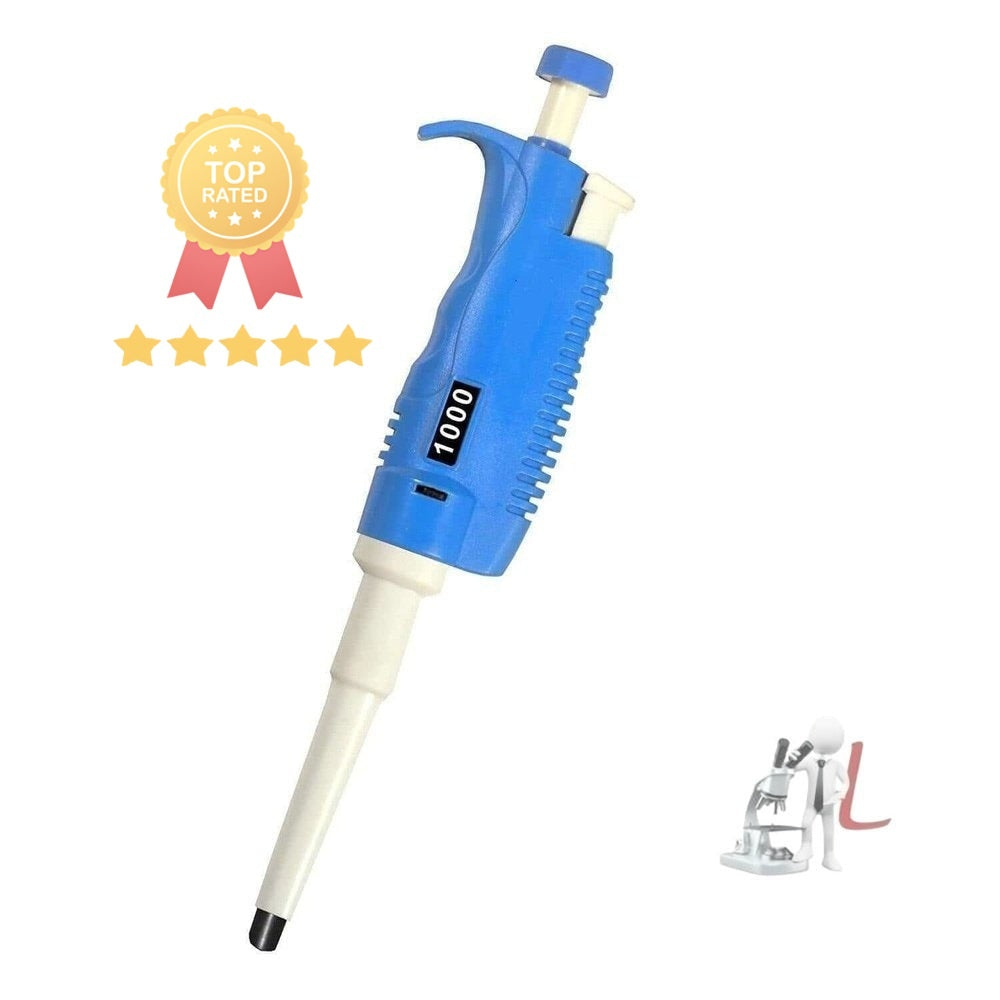Gastroenterology and Human Nutrition
Gastroenterology and Human Nutrition are intricately linked fields that focus on the study of digestive health and the role of nutrition in maintaining well-being. Understanding gastroenterology, which encompasses diseases and disorders of the gastrointestinal tract, can significantly influence nutritional strategies and dietary recommendations. Within this realm, nutrition plays a crucial role, as it is not only vital for general health but can also be an essential component in preventing, managing, and even reversing gastrointestinal diseases.
The field of gastroenterology examines various conditions, including but not limited to gastrointestinal reflux disease (GERD), irritable bowel syndrome (IBS), Crohn's disease, and ulcerative colitis. Each of these conditions can profoundly impact an individual's nutritional status. For instance, patients experiencing IBS may need to adhere to specific dietary protocols to alleviate symptoms and improve their quality of life. Therefore, an in-depth understanding of gastroenterology helps healthcare professionals create tailored nutrition plans that accommodate the unique needs of these patients.
Furthermore, the interplay between nutrition and gastrointestinal health is significant. For example, a diet high in fiber can promote gut health by facilitating regular bowel movements and fostering a diverse gut microbiome. Conversely, diets high in processed foods may increase the risk of developing certain gastrointestinal disorders. Thus, gastroenterology and nutrition are not mutually exclusive; they engage in a reciprocal relationship that influences health outcomes.
Specialty areas like pediatric gastroenterology underscore the importance of nutrition in children with gastrointestinal disorders. Pediatricians and gastroenterologists often work closely to ensure that children receive adequate nutrition, even when they face eating challenges due to their gastrointestinal conditions. This collaboration is vital as inadequate nutrition in early development can lead to long-term health issues.
Emerging research continues to shed light on how specific nutrients may impact gastrointestinal health. Probiotics, prebiotics, and postbiotics are becoming focal points of clinical investigations, and integrating these supplements into dietary recommendations can lead to improved symptoms and overall health in individuals with certain digestive disorders.
Another area of interest in gastroenterology and human nutrition involves the role of specific macronutrients and micronutrients. The relationship between fat intake and gallbladder health, for instance, illustrates how dietary choices can contribute to or alleviate discomfort associated with gallbladder disease. Additionally, deficiencies in vitamins such as vitamin B12 can lead to symptoms related to digestive health, showcasing the necessity of a well-rounded diet.
In the context of chronic diseases, such as diabetes, the intersection of gastroenterology and nutrition becomes even more critical. Dietary modifications can influence not only gastrointestinal symptoms but also blood sugar levels and overall metabolic health. Thus, dietitians and gastroenterologists need to collaborate to provide comprehensive care to patients suffering from multi-faceted health challenges.
Furthermore, behavioral aspects of eating are increasingly being considered within the field of gastroenterology and nutrition. Understanding eating disorders, their psychological underpinnings, and their impact on digestive health can help providers develop effective treatment strategies that encompass both medical and dietary interventions.
As healthcare continues to evolve, the integration of gastroenterology and nutrition will be paramount. Education and training programs in medical and nutrition fields increasingly recognize this intersection, ensuring that future healthcare professionals are equipped to provide holistic care that addresses both digestive and nutritional needs. It is imperative for practitioners to stay informed about the latest research findings, treatment modalities, and dietary guidelines in order to optimize patient outcomes in gastroenterology and human nutrition.
In summary, gastroenterology and human nutrition are essential domains that together offer significant insights into health and wellness. The successful management of gastrointestinal disorders involves not only medical treatments but also effective nutritional strategies tailored to individual patient needs. Continued collaborative efforts in research, education, and clinical practice are vital to advancing our understanding of how to harness the power of nutrition to improve digestive health.
Filter
Sort by





